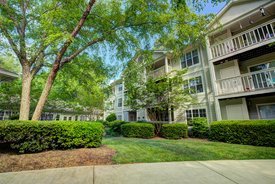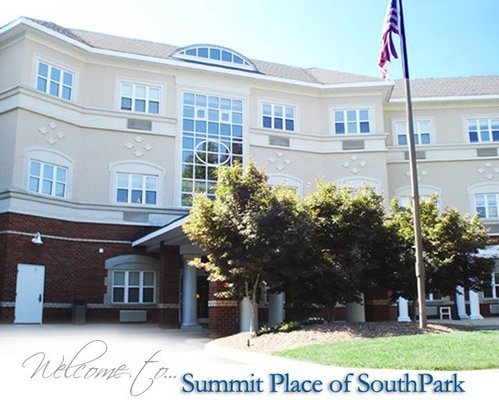
3600 Park Rd, Charlotte, NC 28209
5.0
(1 reviews)
"I chose MerryWood on Park because the location is very good. It's close to my family. The people that worked there and the administrators were just super nice and had been there a long time, like the chef has been there for 30 years. They were all very professional, but super nice and helpful. I met a good bit of the residents when I toured, and I went back several times. I had lunch there and the residents were very friendly, came over to the table, introduced themselves, even sat down with me to talk, just very friendly, and it seemed like they were all happy to be there. The apartments and everything were small, a little bit smaller than I would have originally wanted, but I'm ready to do some downsizing because of how nice they keep the place. And they were doing improvements. They have other things planned for improvement. The people and atmosphere were very pleasant and the location was just perfect. The food was great. You get three meals a day."
$3,895
























